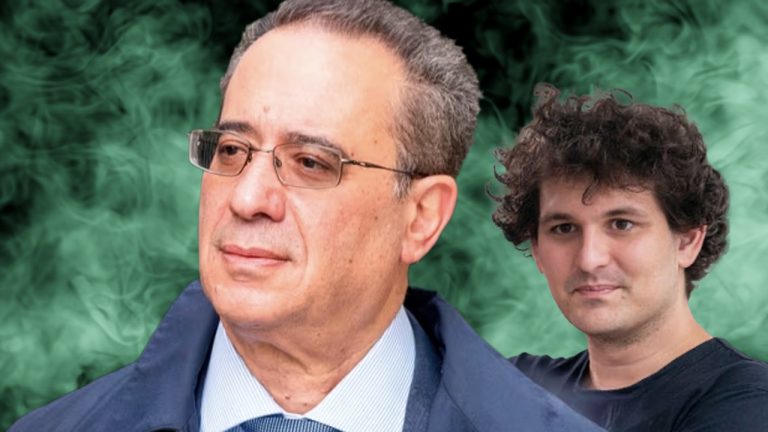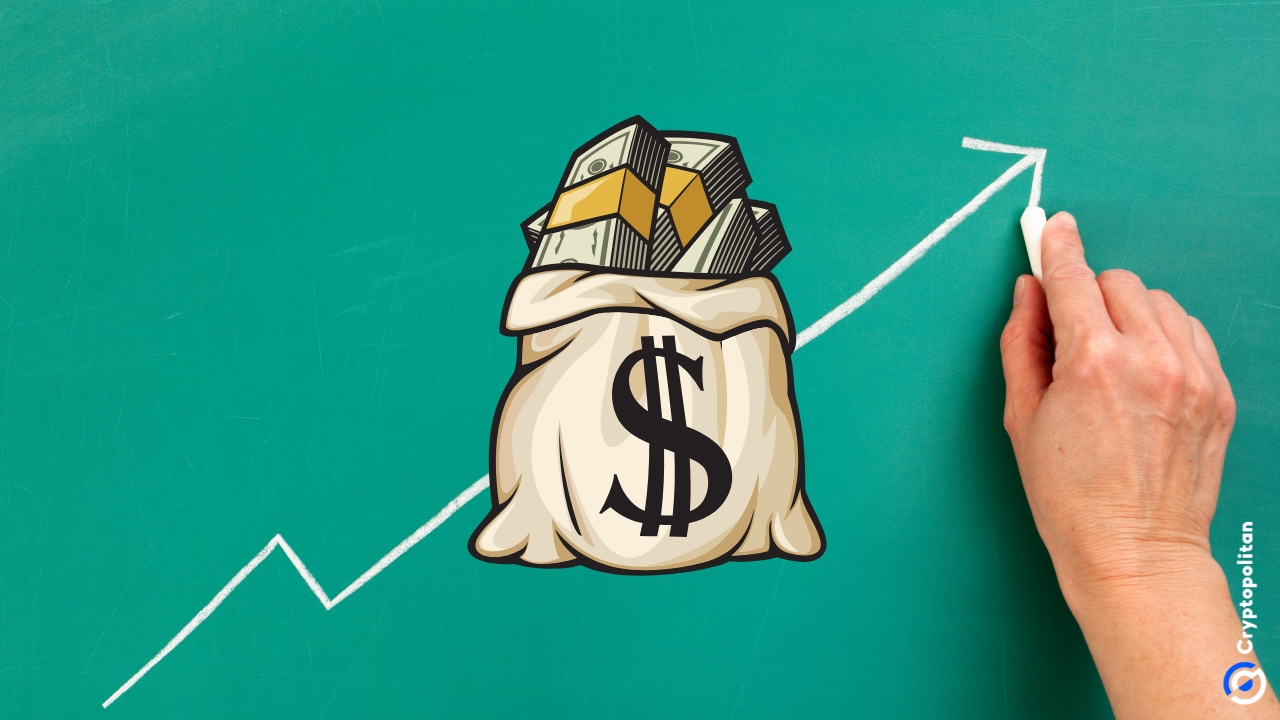
Sam Bankman-Fried’s lawyer Mark Cohen gave a final argument Wednesday, portraying the FTX founder as someone who “did his best” and made mistakes but did not commit crimes.
Bankman-Fried’s Lawyer: ‘Mistakes Are Not a Crime’
Sam Bankman-Fried‘s attorney, Mark Cohen, is well-known for representing convicted sex offender Ghislaine Maxwell. This year, he is defending the former FTX chief. After a series of witnesses and testimony from Bankman-Fried himself, Cohen delivered his closing argument to the courtroom jurors.
“Mistakes are not a crime. Why does the government get to speak twice? Because they have the burden of proof,” Cohen told jurors in his closing statement. He said the government tried to turn Bankman-Fried into “some sort of monster” but had not shown criminal intent. Cohen’s closing statements were streamed on the social media platform X by Matthew Russell Lee of Inner City Press
Cohen acknowledged there was a “messy truth” to how Bankman-Fried and his cohorts ran FTX but said he was innovative in building a “legitimate business.” He portrayed the collapse of FTX as a liquidity crisis and not a Ponzi scheme.
“People suffered losses is not the question,” Cohen said. “Sam didn’t have to testify. The government was unfair. If he answered too long, they said it was too long. Same for short. If he tried to explain, they said he was being evasive. It’s heads I win, tails you lose.”
The lawyer added:
Unlike the government’s witnesses, Sam was far from polished. He couldn’t remember everything he said to Congress. No one can know that. If he’s the criminal mastermind they say he is, why did he speak to Congress?
Cohen attacked the credibility of prosecution witnesses who took plea deals, saying they shifted blame to Bankman-Fried to get sentencing reductions. He said the widespread code access and transfers between FTX and Alameda were not secret crimes but part of a young, undisciplined company trying to innovate.
The defense lawyer cited private chats and emails to contend Bankman-Fried was discussing rescues for FTX up until the end. “Ask yourself, if you’re a fraudster, why would you repay the lenders, and not just take the money and run?” Cohen asked.
In conclusion, Cohen portrayed the case as “a difference in business judgment” and not criminal behavior. He acknowledged that “some decisions turned out very poorly” but maintained that Bankman-Fried told the truth. “Sam acted in good faith, he didn’t want to defraud. Find him not guilty,” Cohen implored the jury.
What do you think about Sam Bankman-Fried’s defense? Share your thoughts and opinions about this subject in the comments section below.





